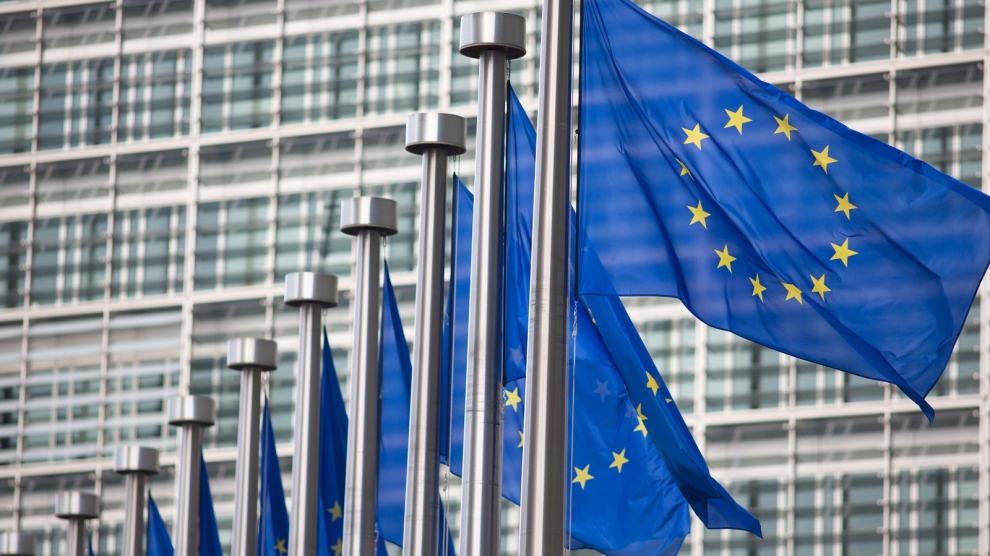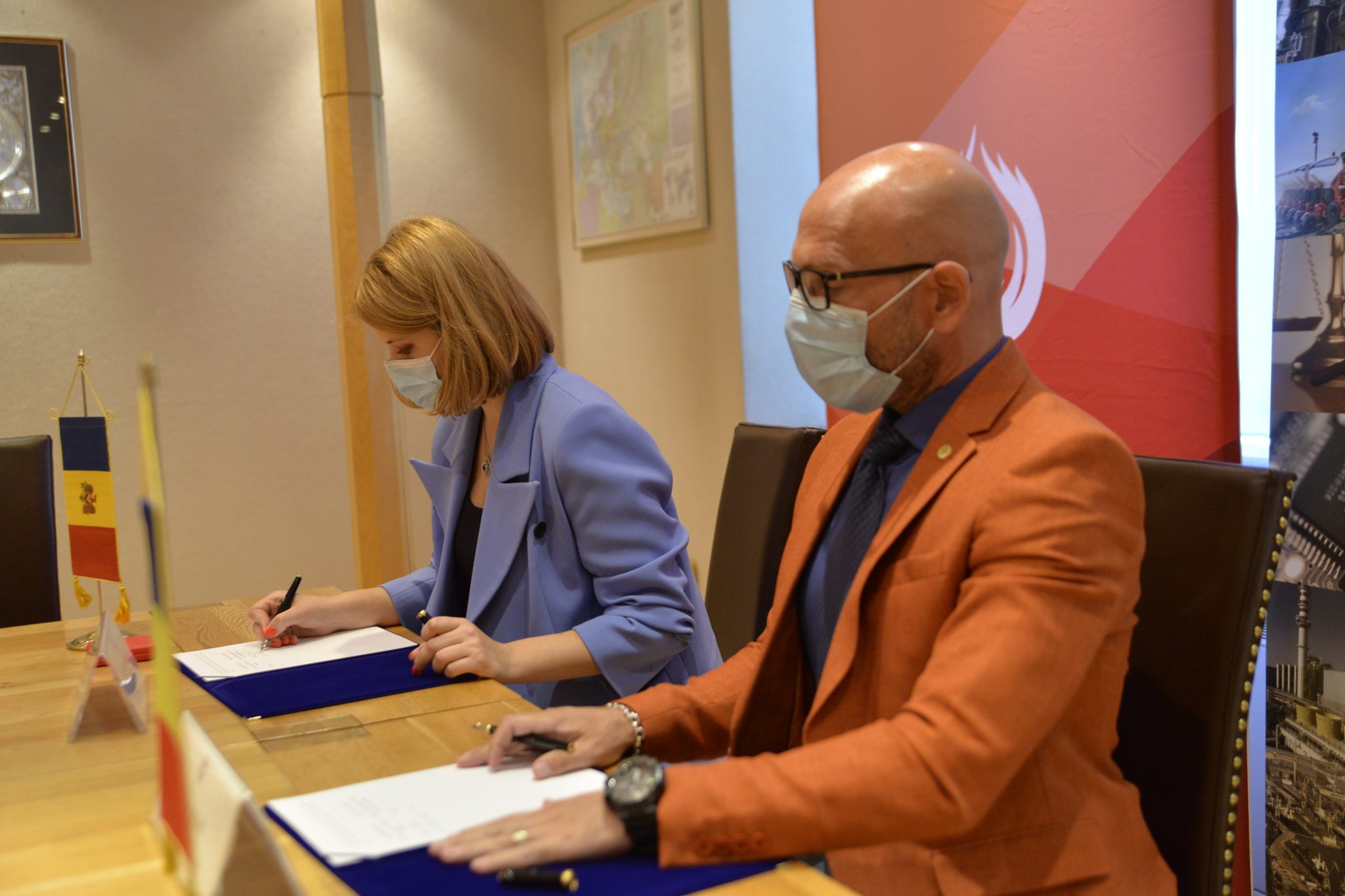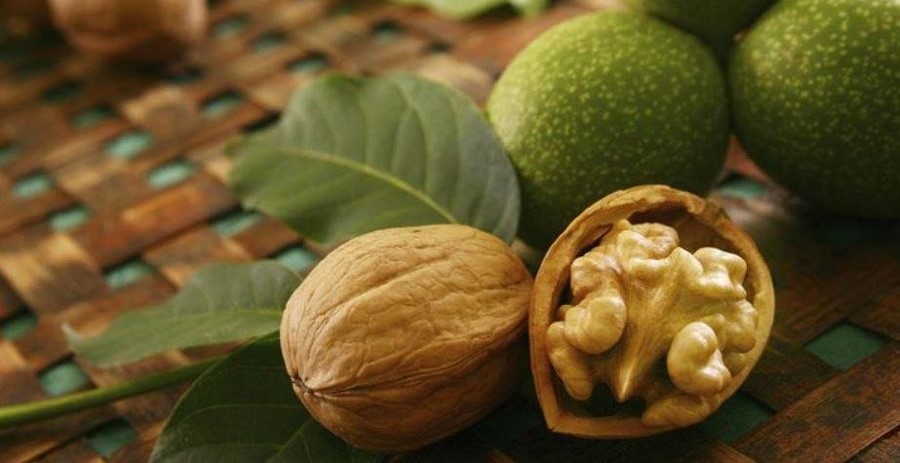Economy
Moldovan cabinet amends mechanism for paying salaries to state enterprises' managers
Reading Time: 3 minutes At the same time, the cabinet approved a list of Moldovan goods which the contracting authorities must buy only from local producers in 2011. The measure is aimed at backing the Moldovan producers.
Prime Minister Vlad Filat chaired a cabinet meeting, the government’s communications and press relations department has said.
At the beginning of the meeting, the prime minister said that he directed that actions to commemorate the 7 April 2009 riots should be prepared. Vlad Filat asked that the measures undertaken to this end so far should be evaluated. The Justice Ministry, the Labour, Social Protection and Family Ministry, the Education Ministry, the Culture Ministry and the Prosecutor General’s Office are to unveil detailed reports on this issue.
As for reports that a radioactive cloud is to reach Moldova’s air space, the prime minister asked the Environment Ministry, the Health Ministry and the Academy of Science to provide correct information on this subject in order to avoid panic in society.
After considering the issues on the agenda, the government members gave the go ahead to a draft law on the approval of a list of facilities whose farmlands are owned by the state. Under the amendments, 14 ha of vineyard were passed to the management of the Cricova winery; these lands were excluded following legislative amendments operated in 2008.
At the same time, the cabinet approved a list of Moldovan goods which the contracting authorities must buy only from local producers in 2011. The measure is aimed at backing the Moldovan producers.
With Moldova marking its 20th anniversary of independence this year, the government set up a state commission and approved a national action plan for the organization of anniversary events.
The government approved a draft law on the Main Ethic Commission. The commission will have status of autonomous public authority, independent from other public authorities. The commission’s goal will be to implement policies on conflict of interests and on the declaration of incomes and property of the state officials, judges, prosecutors, civil servants and other people holding leadership positions. The same draft establishes the regulation, structure and staff of this commission. The document is to be submitted to the parliament for approval. The parliament is also to appoint the commission’s leadership. One of the conditions due to be met by the leadership of this commission is not to have been politically affiliated over the last three years.
According to another decision, the government amended some normative acts on the conditions of paying salaries to the heads of the state enterprises, enterprises with majority state capital and monopolist ones that work based on regulated tariffs and prices. The draft was elaborated to optimize the mechanism of paying salaries to the heads of the state-run enterprises. Thus, the cabinet decided that the wages of the heads of the state enterprises should not exceed 4-8 minimally guaranteed salaries; the post salaries of the heads of the state enterprises should not exceed the size of salaries paid to ministers; the heads of the state enterprises that record profit will be entitled to allowances for high efficiency and labour intensity accounting for 50 per cent of the post salaries; the heads will benefit from bonuses only under the regulations approved by the founder of the state enterprise or the council of the stock company; incentive remuneration and single prizes will be paid only with the consent and upon the decision of the founder of the state enterprise or the council of the stock company.
The prime minister said that the initiative has a moral aspect, first of all. Vlad Filat said that the size of the managers’ salaries is to be set depending on the performance. The prime minister demanded that wage payment system should be further upgraded.
The government also decided to start negotiations on bilateral agreements with other states in diverse cooperation areas. Thus, the government is to start talks on a draft agreement on cooperation between the Moldovan Border Guards Service and the Border Police subordinated to the Georgian Interior Ministry; on amendments to an agreement between the Commonwealth of Independent States member countries on cooperation in the youth field, signed in Moscow on 25 November 2005; on a draft agreement between the Moldovan government and the government of Peru on the abolition of the visa regime for the holders of diplomatic and business passports; on a draft protocol between the Moldovan and Russian governments on the supply of goods in 2011; on a draft understanding between the Moldovan Youth and Sport Ministry and the Romanian Education, Research, Youth and Sport Ministry on cooperation in the youth and sport field; as well as on a draft protocol on cooperation in the education field between the Moldovan and Turkish governments. The cabinet also approved a draft law on the ratification of a protocol between the Moldovan and Ukrainian governments on the amendment of an agreement between the Moldovan and Ukrainian governments on mutual recognition of rights and regulation of the property relations from 11 August 1994, signed in Kiev on 1 February 2010, as well as a decision on starting talks on a draft agreement between the Moldovan and Ukrainian governments on ensuring the work of the Dniestre hydro-energy compound.
Also today, the government made reshuffles. The director of the Land Relations Agency, Vasile Grama, was dismissed and Anatol Ghilas was appointed to this post.
Economy
Moldova will receive a disbursement of 36 million euros as part of the the Economic Recovery Plan

This week, the European Commission approved the disbursement of 36 million euros in grant money for the Republic of Moldova. The announcement was made by Deputy Director-General for Neighbourhood Policy and Enlargement Negotiations at the European Commission, Katarina Mathernova, who paid an official visit to the Republic of Moldova between September 13-15, together with Managing Director for Russia, Eastern Partnership, Central Asia, Regional cooperation and OSCE, at the European External Action Service, Michael Siebert.
The EU officials had meetings with President Maia Sandu, Minister of Foreign Affairs and European Integration, Nicu Popescu, Speaker of Parliament, Igor Grosu, Prime Minister of the country, Natalia Gavrilita, as well as key representatives of Government, international financial institutions and the civil society, according to a press release issued by the Delegation of the European Union to the Republic of Moldova.
Beside such topics as the EU-Moldova relations and prospects, the priorities of the reform agenda of the new Moldovan Government, preparations for the Eastern Partnership Summit at the end of the year and the Transnistrian conflict settlement, the officials also discussed the EU assistance in support of reforms and the Economic Recovery Plan for Moldova, which was announced in June with a total EU support of 600 million euros over the next 3 years.
“The first measures under the Economic Recovery Plan will shortly materialize, with the expected disbursement of 36 million euros in grant money under budget support programmes to support the authorities’ efforts to fight against the consequences of the pandemic. Moldova can count on EU’s assistance on its path to reforms and to recovery, bringing tangible results to citizens,” Katarina Mathernova stated.
The plan is based on assistance provided by the European Union through various bilateral and regional instruments, aiming to mobilize the funds in the form of grants, loans, guarantees and macro-financial assistance.
“The Economic Recovery Plan for the Republic of Moldova involves much more, not just this financial support provided immediately. It must help digital transformation, strengthen infrastructure, energy efficiency, education and support small and medium-sized enterprises,” the EU official also said.
As Prime Minister Natalia Gavrilita informed, “The Economic Recovery Plan and the 5 flagship initiatives for Moldova in the Eastern Partnership will directly contribute to the reform and consolidation of institutions, stimulate long-term socio-economic development, bring direct benefits to citizens, and unleash new economic opportunities through promoting the green agenda and digitization. Small and medium-sized enterprises (SMEs) have been hit hard by the crisis. Promoting and diversifying access to finance and reducing collateral requirements will be essential in supporting economic operators. We are grateful to the EU partners who will launch two programs to support 50 000 independent Moldovan SMEs to adapt to the new conditions.”
President of the Republic of Moldova, Maia Sandu, welcomed the decision of the European Union to disburse about 745 million lei in grant money, as the official page of the President’s Office announced. “EU support comes after a long period of freezing of European assistance, caused by former governments. We managed to relaunch the political dialogue with the European Union and resume financial assistance. The Republic of Moldova is gradually regaining the trust of its strategic partners. This European support is also a signal of encouragement for the new Government team in its commitment to clean up the institutions, fight corruption and launch development programs in the country,” said Maia Sandu.
Photo: unknown
Economy
Romania and Moldova signed a partnership memorandum pledging to cooperate in promoting their wines

The Chamber of Commerce and Industry of Romania (CCIR) and the National Office for Vine and Wine (NOVW) of the Republic of Moldova signed, last week, a memorandum of cooperation on organizing joint promotional activities in the markets of common interest, as the CCIR announced.
China, Japan or the USA are just some of the markets targeted by the Romanian and Moldovan institutions. The memorandum also involves advertising activities for wines from common indigenous varieties, promoting the oeno-tourist region, developing a tourist route in the two states, exchange of experience, study visits, and mutual support in identifying new export opportunities. “We are very confident that this collaboration between our organizations will lead to sustainable economic growth and a higher degree of well-being among Moldovans and Romanians,” claimed Deputy Secretary-General of CCIR, Bogdan Visan.
On the other hand, Director of the NOVW, Cristina Frolov, declared that no open competition with Romania is aimed at the governmental level of the Republic of Moldova. “This request for collaboration is a consequence of the partnership principle. Romania imports 10-12% of the wine it consumes, and we want to take more from this import quota. Every year, the Romanian market grows by approximately 2.8%, as it happened in 2020, and we are interested in taking a maximum share of this percentage of imported wines without entering into direct competition with the Romanian producer,” the Moldovan official said. She also mentioned that Moldova aims at increasing the market share of wine production by at least 50% compared to 2020, and the number of producers present on the Romanian market – by at least 40%.

Source: ccir.ro
**
According to the data of the Romanian National Trade Register Office, the total value of Romania-Moldova trade was 1.7 billion euros at the end of last year and over 805 million euros at the end of May 2021. In July 2021, there were 6 522 companies from the Republic of Moldova in Romania, with a total capital value of 45.9 million euros.
The data of Moldova’s National Office of Vine and Wine showed that, in the first 7 months of 2021, the total quantity of bottled wine was about 27 million litres (registering an increase of 10% as compared to the same period last year), with a value of more than one billion lei, which is 32% more than the same period last year. Moldovan wines were awarded 956 medals at 32 international competitions in 2020.
Photo: ccir.ro
Economy
Moldova’s hope to be a top walnut exporter and its main difficulties

The Republic of Moldova has perfect weather conditions for growing walnut trees, that creating a great potential of walnut production and trade, especially on international markets, where the demand is way higher than the product’s supply. National and international experts believe that the country’s walnut production industry is on the verge of important transformations, which could lead to increased yields, quality and competitiveness worldwide.
According to authorities, Moldova exports 34-35 thousand tons of walnuts in shell, which is about 7% of the total export of fruit and 5% of the total export of horticultural products. The export value is assessed as being $120 million, that being 57-60% of the total fruit export value and about 50% of horticultural export value. Most of walnut crops are exported to the EU countries, such as France, Germany, the Netherlands, Romania and Austria. The country’s exports were among the world’s top 10 when it comes to the highest dollar value of the product during 2020.
Viorel Gherciu, Minister of Agriculture and Food Industry, pointed out that the production in the domestic walnut industry has increased by 55% in the last five years, which ranks Moldova among the main producers in the world.
“The biggest opportunity for this industry is that we are in the geographical proximity of the largest walnut import area in the world, which is the European Union, with almost 40% of total imports in the world. We are on the EU border, with privileged relations, with an Association Agreement. We already enjoy a good relationship in working with European importers, they trust our processors. A very close collaboration has been created and this is, in fact, the guarantee for those who invest in the area,” claimed the president of the Walnut Producers Association, Oleg Tirsina.
The data provided by the National Bureau of Statistics show that there are 34.7 thousand hectares of walnut plantations in the country. 20.90 hectares are represented by orchards. 75% of planted orchards are formed of old varieties trees. 30-35% of the exported production comes from orchards, the rest comes from individual farmers and plantations along the roads. This means that the quality of walnut production is not at its maximum potential. Developing commercial plantations through orchards modernization and extension of walnut varieties would provide double yield and better quality, experts say.
Governmental support in the form of subsidizing solutions, foreign investments and credit options are indispensable for the industry development. One of the financing options is the credit line of the European Investment Bank Project. Since 2016, 15 producers and processors of nuts, almonds and hazelnuts have benefited from these loans with the total amount of investments worth 8.7 million euros. A further extension of the project would provide another 60 million euros for the modernization of the horticultural sector in general and for harvesting organic walnuts in particular.
Photo: heymoldova.com





















